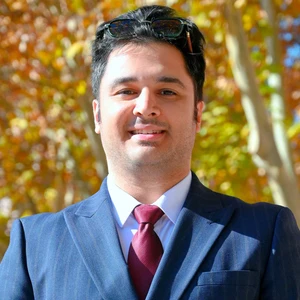Abu Dhabi Summit Reignites Progress on Zangezur Corridor
 By Vusal GULIYEV, Policy Advisor at the Center of Analysis of International Relations and Head of Shanghai Office at AZEGLOB Consulting Group
By Vusal GULIYEV, Policy Advisor at the Center of Analysis of International Relations and Head of Shanghai Office at AZEGLOB Consulting Group
The July 10 meeting in Abu Dhabi between Azerbaijani President Ilham Aliyev and Armenian Prime Minister Nikol Pashinyan has reinvigorated discussions on the long-sought Zangezur Corridor. Hosted by the United Arab Emirates as a neutral venue, the summit marked the first direct bilateral talks between the two leaders without mediators—a notable development given Russia’s traditional role in the South Caucasus peace process. While no final peace accord was signed, the talks were described as constructive, with extensive discussions on key sticking points, foremost among them the opening and development of the Zangezur Corridor. This 43-kilometer-long (around 26-mile-long) corridor—a proposed land route through Armenia’s Syunik province—is designed to link mainland Azerbaijan to its Nakhchivan exclave and then proceed onward to Türkiye. While short on immediate breakthroughs, the Abu Dhabi summit’s outcomes have nevertheless revived prospects for the corridor’s realization, notably by reaffirming a bilateral, results-oriented negotiation format and entertaining new ideas for its governance and security. READ MORE
| External Relations | The Caspian and Central Asia